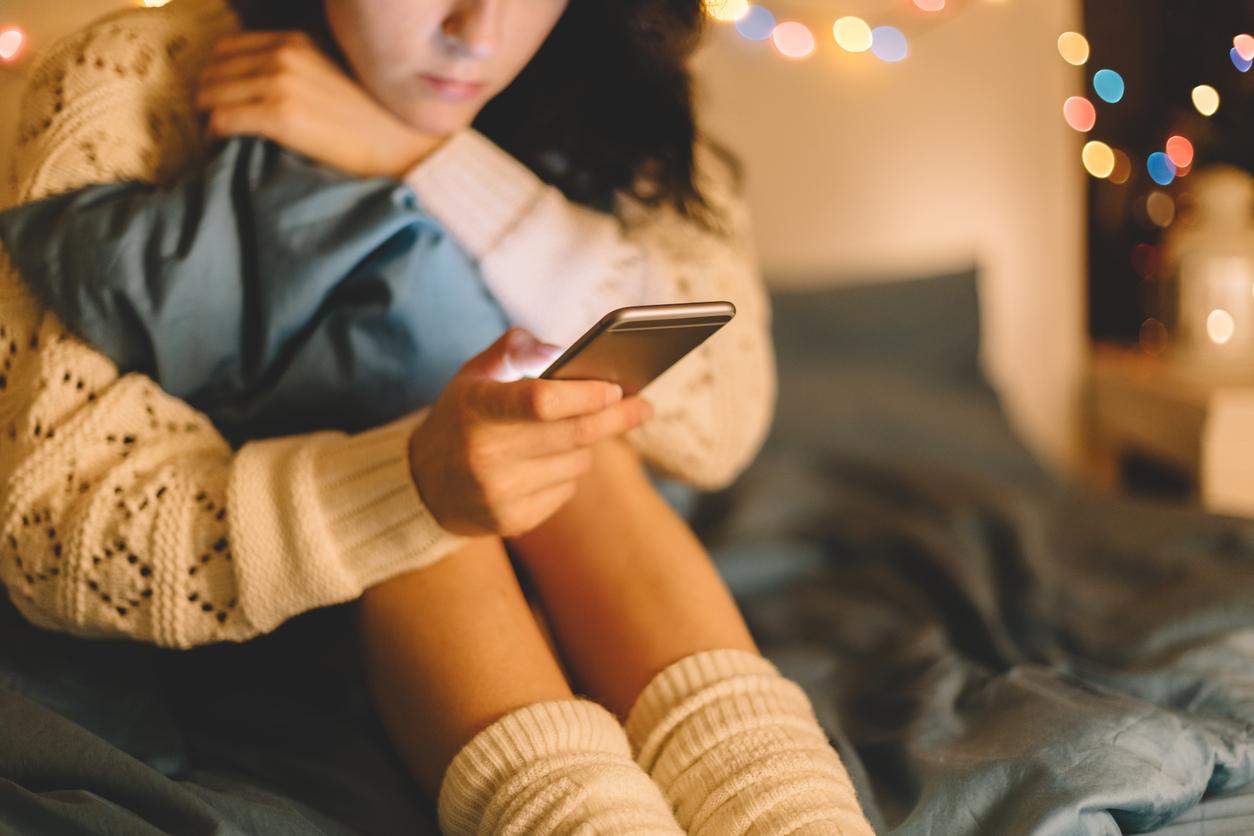School gives pupils alarm clocks over fears their phones are disrupting sleep
Headteacher also asks parents to ban children from using phones, televisions and computers in bedroom

A secondary school in London has given its pupils free alarm clocks in an effort to stop their mobile phones disrupting their sleep.
All 700 students at the Lady Eleanor Holles school in Hampton were handed an alarm clock at a special assembly marking World Mental Health Day on Tuesday.
Heather Hanbury, headteacher at the £20,000-a-year girls school, advised parents to ban their children from using phones, televisions and computers in their bedrooms.
“Students often claim they need their phone to wake them up in the morning,” Ms Hanbury told the BBC.
“Young people are regularly online, dealing with social media, distracted by the idea of missing out if they're not online."
A 2016 survey of 1,500 parents found that on average, children in the UK own their first mobile phone by the age of seven and a smartphone aged 10.
Children refusing to relinquish their mobile phones is common, with a third of those aged 12 to 15 admitting they do not have a good balance between screen time and other activities.
Writing in a blog on the school’s website, Ms Hanbury wrote: “It may surprise you to learn that the most important aspect of learning is adequate sleep.
“Without a proper amount of sleep nightly, it is very difficult to learn efficiently and effectively.
“Neurotoxins which build up during the day as we learn and experience things, can only be cleansed from our brains by sleep – nothing else will do.”
Ms Hanbury said it was vital pupils sleep for a “sensible” length of time, which is around nine hours for a teenager.
She added: “I am sure you have all heard, at some time or other, ‘I need my phone to wake me up in the morning’. They now have no reason to say this, because they were presented with an alarm clock as they left assembly this morning!”
Join our commenting forum
Join thought-provoking conversations, follow other Independent readers and see their replies
Comments
Bookmark popover
Removed from bookmarks